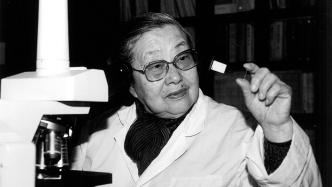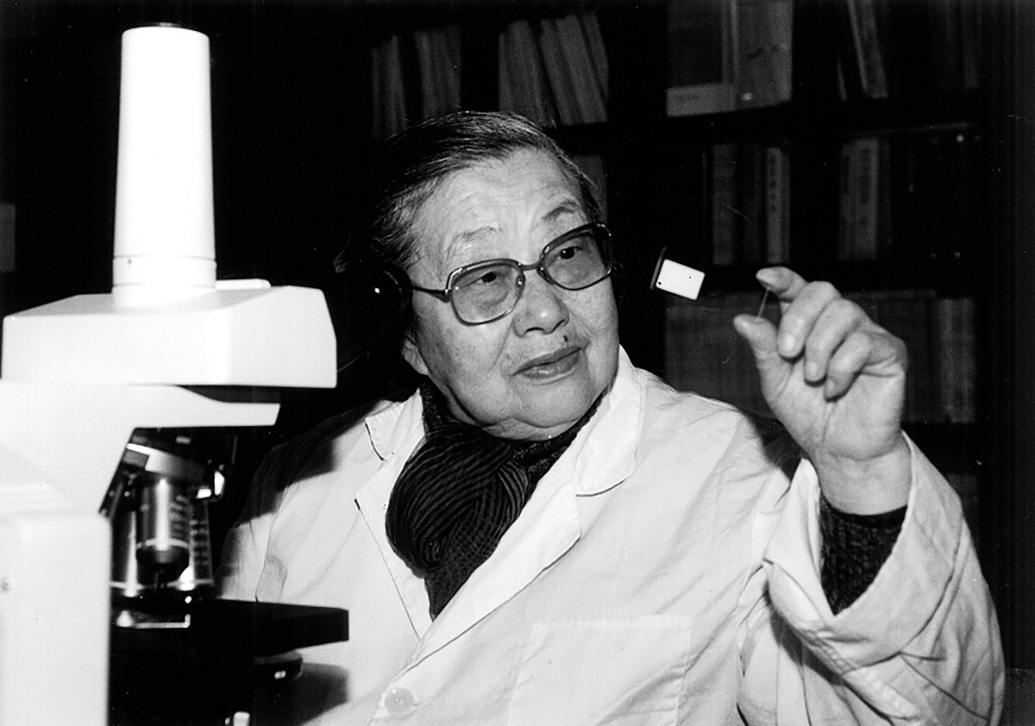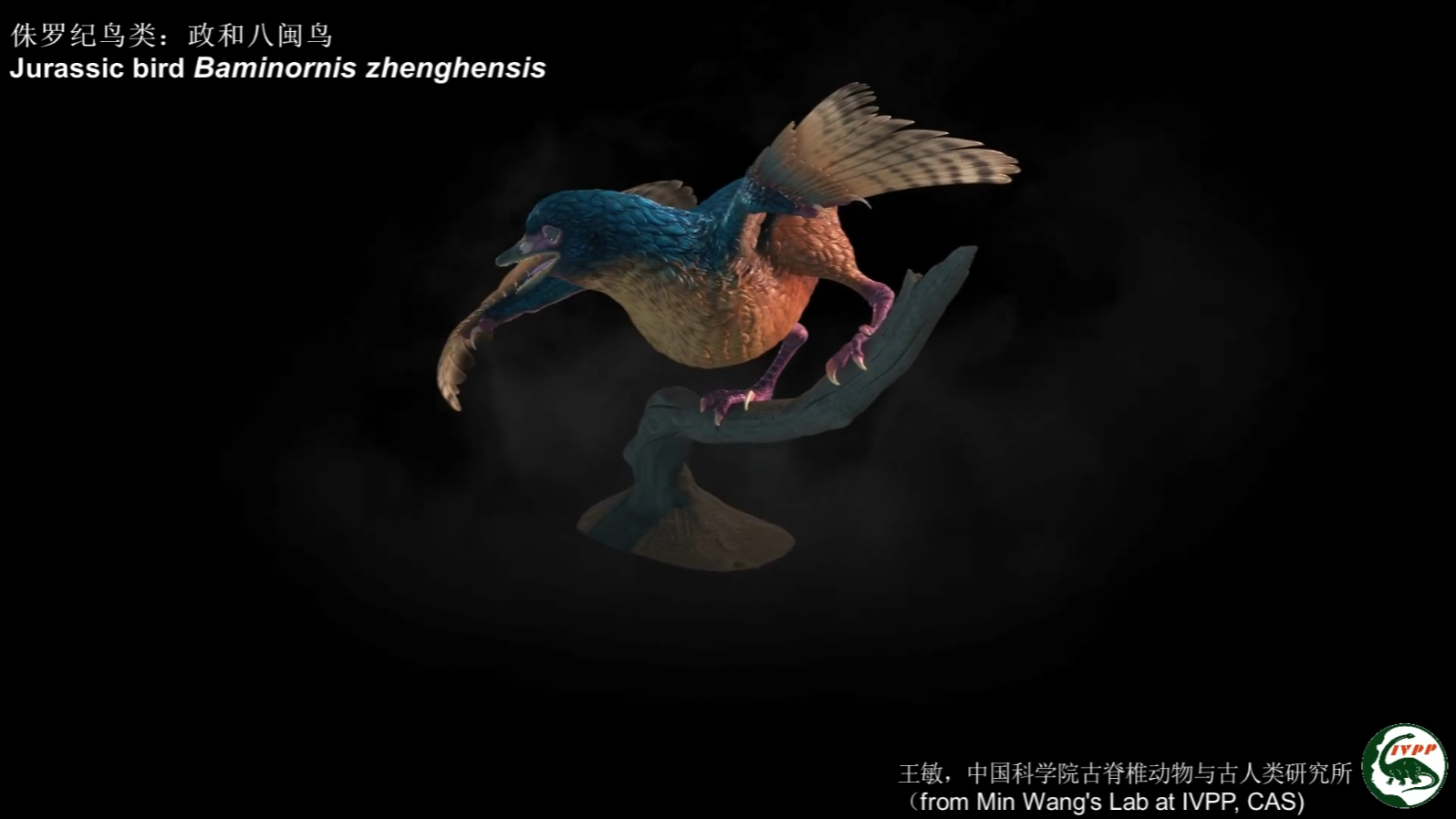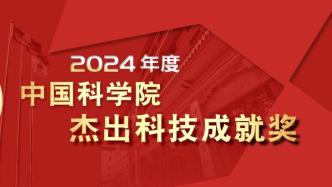

Academician Yin Wenying, Center for Excellence in Molecular Plant Science, Chinese Academy of Sciences Picture
According to the Center for Excellence in Molecular Plant Science of the Chinese Academy of Sciences, Academician Yin Wenying, a member of the Communist Party of China, a member of the Jiusan Society, an academician of the Chinese Academy of Sciences, a famous entomologist, a soil zoologist, and a researcher at the Center of Excellence in Molecular Plant Science of the Chinese Academy of Sciences, failed to treat his illness. Passed away at 15:36 on December 28, 2023 at Ruijin Hospital Affiliated to Shanghai Jiao Tong University School of Medicine at the age of 101.
Academician Yin Wenying is an internationally recognized authoritative expert on protozoa research, the founder of soil zoology in China, and a pioneer in the research of fish parasites and fish diseases in my country. In her early years, she was engaged in research on the prevention and control of fish parasites and fish diseases, laying the foundation for fish disease research in my country.
Since the 1960s, Yin Wenying has been engaged in research on the classification and evolution of protocercoid systems, established new concepts and new classification systems for protocercoid phylogeny, and pioneered research on the origin and evolution of hexapods; since the 1980s, she has presided over and promoted Systematic study of soil zoology.
Academician Yin Wenying won the first prize of the Science and Technology Progress Award of the Chinese Academy of Sciences in 1986 and the second prize of the National Natural Science Award in 1987 for his outstanding achievements in the systematic classification of protozoa.
From the 1980s to the 1990s, Academician Yin Wenying presided over and promoted systematic research on soil zoology, uniting more than 60 scholars in six climate zones to complete the study of soil animal composition, variation patterns, and their role in soil material cycles and environmental pollution. He also completed experimental research on the influence of soil animals in China, and completed the first monograph on soil animal research in China, "Research on Soil Animals in Subtropical China". Related works played an important role in promoting the establishment and in-depth development of soil zoology in China. This research won the second prize of the Natural Science Award of the Chinese Academy of Sciences in 1994 .
Academician Yin Wenying was born in Pingxiang, Hebei Province on October 18, 1922. He graduated from the Department of Biology of the former National Central University in July 1947, and joined the Institute of Zoology of the former Academia Sinica as an assistant in August. In 1950, he became an assistant researcher at the Institute of Hydrobiology, Chinese Academy of Sciences. In 1963, he was transferred to the Shanghai Institute of Entomology, Chinese Academy of Sciences, and served successively as associate researcher, researcher, deputy director and director of the academic committee of the institute. In May 1999, the Shanghai Institute of Entomology, Chinese Academy of Sciences and the Institute of Plant Physiology, Chinese Academy of Sciences were integrated into the Institute of Plant Physiology and Ecology, Chinese Academy of Sciences, and he served as a researcher.
Academician Yin Wenying joined the Jiu San Society in 1951 and served successively as a member of the Sixth, Seventh, Eighth and Ninth Central Committee of the Jiu San Society and a standing committee member of the Shanghai Municipal Committee of the Jiu San Society. He joined the Communist Party of China in 1980 and served as a representative of the Seventh, Eighth, Ninth and Tenth Shanghai People's Congress. He was elected as a member (academician) of the New York Academy of Sciences in the United States in 1980, as a member of the Royal Entomological Society of the United Kingdom in 1989, and as a member of the Japanese Tropical Ecological Society in 1991. In 1991, he was elected as a member (academician) of the Chinese Academy of Sciences. In 1998, he received the Ho Leung Ho Lee Foundation Science and Technology Progress Award.


